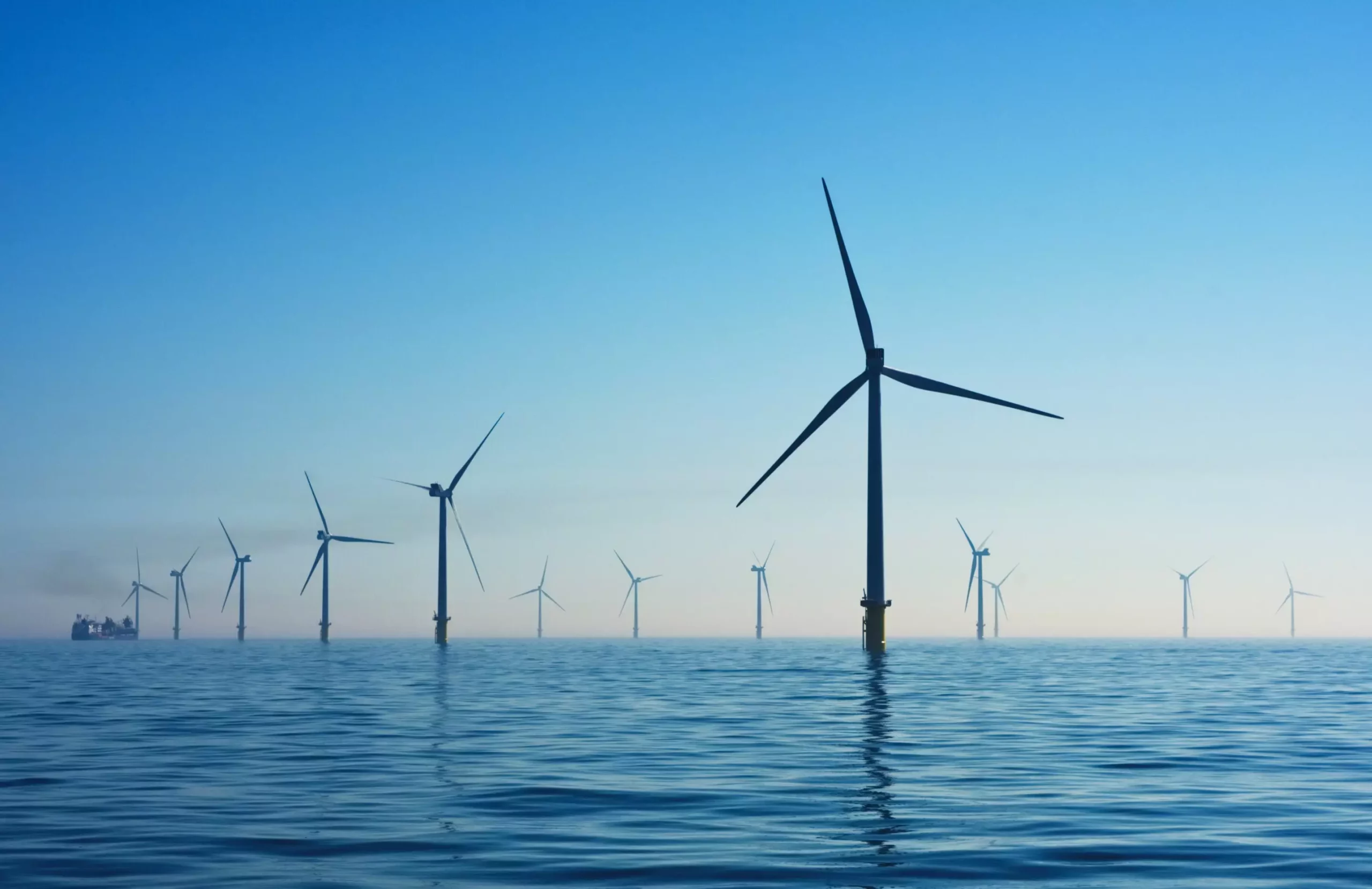In a significant move that has drawn national attention, residents of Nantucket have formally petitioned the Supreme Court to hear their appeal concerning a contentious lower court ruling. This ruling sanctioned rapid federal approval of offshore wind projects without adequately considering their potential impacts on marine ecosystems. The community group behind this initiative, ACK For Whales, is nonpartisan and represents a collective concern for the region’s ecological health. Their advocacy comes on the heels of a serious incident involving a malfunction in a nearby Vineyard Wind turbine that has exacerbated local anxiety regarding offshore wind projects.
Nantucket, a picturesque island off the coast of Massachusetts, finds itself at the crux of the offshore wind debate. The fallout from the July incident has raised alarm bells among residents who fear that the continued push for wind energy may come at too high a price for the environment. The stakes are particularly high given the endangered status of the North Atlantic right whale, a species that one federal appeals judge deemed as facing potential “decimation” from the ongoing wind farm construction.
The North Atlantic right whale, once abundant, has seen its numbers dwindle to less than 350 individuals, making it one of the most endangered marine species in existence. ACK For Whales contends that the recent ruling by the U.S. First Circuit Court of Appeals overlooked crucial aspects of the Endangered Species Act (ESA). This legislation mandates that any project with potential environmental impacts must thoroughly incorporate the “best available scientific and commercial data.” The group asserts that the National Marine Fisheries Service (NMFS) did not fulfill this requirement, instead opting for a path that prioritized expediency for offshore wind project approvals over ecological preservation.
Vallorie Oliver, President of ACK For Whales, underscored the organization’s position, suggesting that the catastrophic turbine malfunction and its implications for the right whale population highlight the dangers of neglecting established environmental protections. Her assertion, reflecting a broader critique of governmental overreach in favor of particular political agendas, raises critical questions about the balance between renewable energy initiatives and the responsibility to safeguard biodiversity.
The Broader Implications of the First Circuit Decision
The U.S. First Circuit Court’s ruling was predicated on the principle of deferring to federal agencies’ interpretations of the ESA. However, this has sparked criticism from legal experts and advocacy groups alike. ACK For Whales’ legal counsel, Nancie Marzulla, highlighted the Supreme Court’s recent decision in the Loper Bright case, which reinforced the notion that legal interpretations should reside with the judiciary rather than administrative agencies. Marzulla argues that the First Circuit’s ruling sidestepped essential ESA requirements by granting undue deference to the agencies involved.
The implications of the escalating legal battle extend beyond Nantucket itself, potentially setting a precedent for similar cases across the United States. As offshore wind projects proliferate globally in pursuit of sustainable energy, the legal interpretations and environmental assessments accompanying these initiatives become increasingly crucial. ACK For Whales believes their case is not just a localized issue; it represents a seminal challenge in how environmental laws are interpreted in the face of new and ambitious energy endeavors.
In light of their legal maneuvers and mounting concerns about the ecological ramifications of offshore wind energy, ACK For Whales has called for a moratorium on all offshore wind development until adequate safeguards can be established. This call reflects growing unease among residents, fishing communities, and environmentalists about the potential impacts that large-scale wind farms may have on marine life, local fishing economies, and coastal ecosystems.
As Nantucket navigates this complex landscape of legal challenges and environmental advocacy, the broader dialogue about energy production and its relationship to ecological preservation continues to evolve. The outcome of ACK For Whales’ petition to the Supreme Court may ultimately serve as a touchstone for how we reconcile the urgent demands for renewable energy against the equally pressing need to protect our planet’s endangered species and fragile ecosystems. The narrative unfolding on this small island may very well shape the future of offshore energy policy across the nation.


Leave a Reply